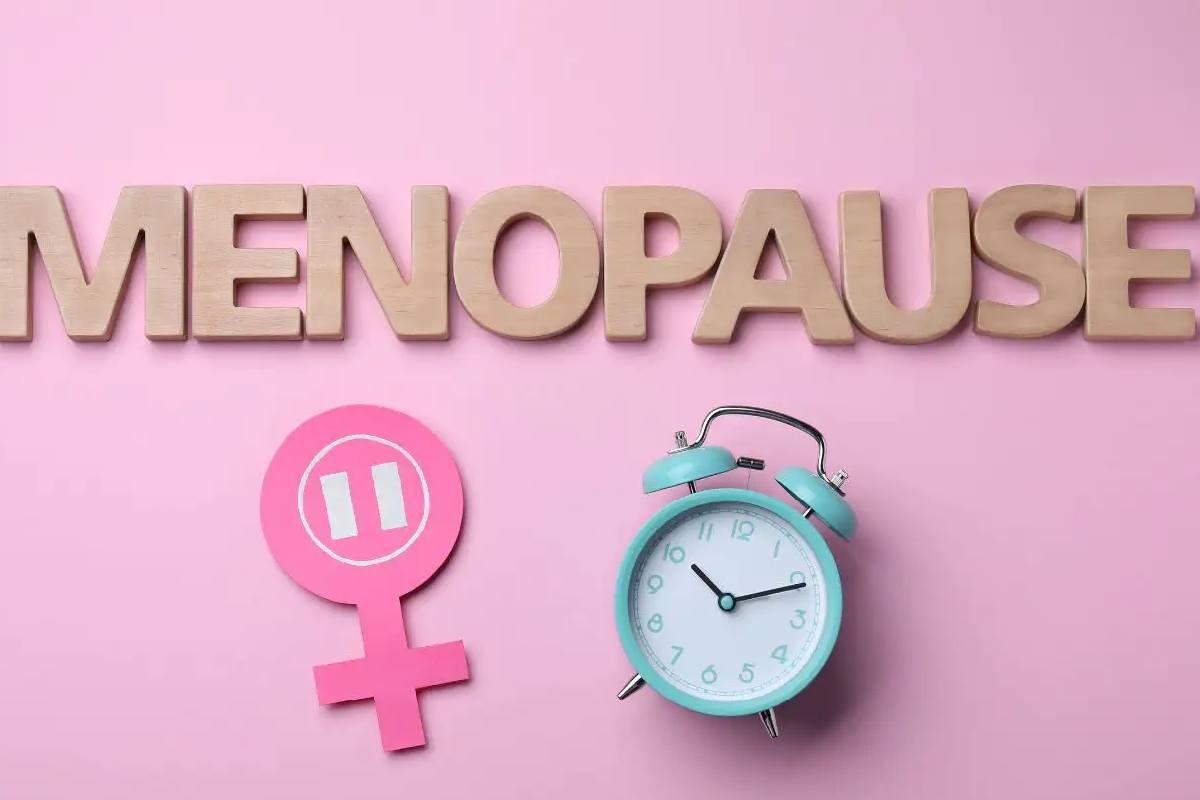Menopause is a natural biological transition that marks the end of reproductive years, but its symptoms can sometimes be confusing. Hot flashes, fatigue, mood swings, irregular periods, and sleep disturbances are well-known signs of menopause, but they are not exclusive to it. Many medical conditions can cause similar effects, making it difficult to determine whether they’re due to hormonal changes or an underlying health issue.
Even physical changes such as dryness or shifts in hydration, which can be aided by products like MENO vaginal moisture capsules and lifestyle changes, can also appear in other conditions. Because of this overlap, understanding which illnesses mimic menopause can help ensure proper diagnosis, management, and peace of mind.
Understanding Menopause and Its Common Symptoms
Menopause occurs when the ovaries gradually reduce their production of estrogen and progesterone, leading to the end of menstrual cycles. This typically happens between ages 45 and 55, but can occur earlier due to surgery, certain medications, or medical treatments. The hormonal decline that defines menopause affects multiple systems, including temperature regulation, mood, and metabolism.
Common symptoms include hot flashes, night sweats, sleep disruptions, mood fluctuations, irregular periods, and changes in skin or tissue hydration. Some women may also experience weight gain, joint stiffness, or decreased libido. These effects are a normal part of the menopausal process, but because hormones influence nearly every major system, the symptoms can resemble those of several other illnesses.
Distinguishing menopause from other conditions is important for symptom relief and also for preventing delayed diagnoses of unrelated health problems. The following conditions are among the most common to mimic menopausal symptoms.
Thyroid Disorders
Thyroid conditions, both overactive (hyperthyroidism) and underactive (hypothyroidism), are among the leading medical issues that can be mistaken for menopause. The thyroid gland produces hormones that regulate metabolism, body temperature, and energy levels. When the thyroid becomes imbalanced, the resulting symptoms can look remarkably similar to those caused by declining estrogen.
Hyperthyroidism can cause excessive sweating, irritability, irregular menstrual cycles, and weight loss. These may be easily mistaken for hot flashes or hormonal mood swings. Hypothyroidism, on the other hand, often causes fatigue, depression, dry skin, hair thinning, and weight gain, symptoms that also occur during menopause.
A simple blood test measuring thyroid-stimulating hormone (TSH) and thyroid hormone levels can help determine whether the thyroid, rather than menopause, is the underlying cause. Because thyroid disorders require specific medical treatment, accurate diagnosis is critical for effective management and long-term well-being.
Adrenal Fatigue and Hormonal Imbalance
Chronic stress can cause symptoms that mirror menopause through its impact on the adrenal glands. These glands produce cortisol, the body’s primary stress hormone, along with small amounts of estrogen and testosterone. When stress is constant, the adrenal system can become overworked, leading to fatigue, anxiety, irritability, and difficulty sleeping, which are all symptoms commonly associated with menopause.
While “adrenal fatigue” is not an officially recognized medical condition, many healthcare practitioners note that prolonged stress can disrupt hormone balance and amplify menopausal symptoms. Women under chronic stress may also experience irregular periods, decreased libido, and mood fluctuations similar to those experienced during perimenopause.
Distinguishing between menopause and stress-related hormonal imbalance often involves reviewing lifestyle factors, cortisol testing, and evaluating overall hormone levels. Managing stress through rest, balanced nutrition, and regular physical activity can help reduce symptom overlap and improve both adrenal and menopausal health.
Depression and Anxiety Disorders
Mood changes are a hallmark of menopause, but similar emotional and physical symptoms can also be signs of clinical depression or anxiety disorders. The hormonal fluctuations of menopause influence neurotransmitters like serotonin and dopamine, which regulate mood, energy, and sleep. As a result, menopausal mood swings can feel identical to those caused by depression or anxiety.
Symptoms like fatigue, irritability, poor concentration, and loss of interest in activities can appear in both situations. However, clinical depression is typically more persistent and may occur independently of hormonal changes. Likewise, anxiety disorders can produce physical symptoms like sweating, rapid heartbeat, and restlessness that may be mistaken for hot flashes or hormonal agitation.
Mental health professionals can use screening tools and interviews to determine whether emotional changes are primarily related to menopause or a separate condition. Treatment may involve therapy, medication, or lifestyle adjustments that target mood regulation more directly than hormone-related care.
Diabetes and Blood Sugar Fluctuations
Diabetes and unstable blood sugar levels can produce symptoms that overlap with menopause, including fatigue, mood swings, sweating, and difficulty concentrating. As estrogen levels decline, insulin sensitivity can change, making blood sugar regulation more challenging.
In some cases, this interplay causes symptoms that feel like hormonal changes but stem from metabolic imbalance. Regular blood sugar testing and medical evaluation can clarify whether these symptoms are related to hormonal transitions or underlying metabolic issues.
When It’s Not Just Menopause
Many illnesses can imitate menopause, but understanding the differences helps ensure accurate care and peace of mind. Thyroid disorders, adrenal imbalances, mood disorders, and metabolic conditions all share overlapping symptoms with menopause, yet each requires its own approach to treatment.



